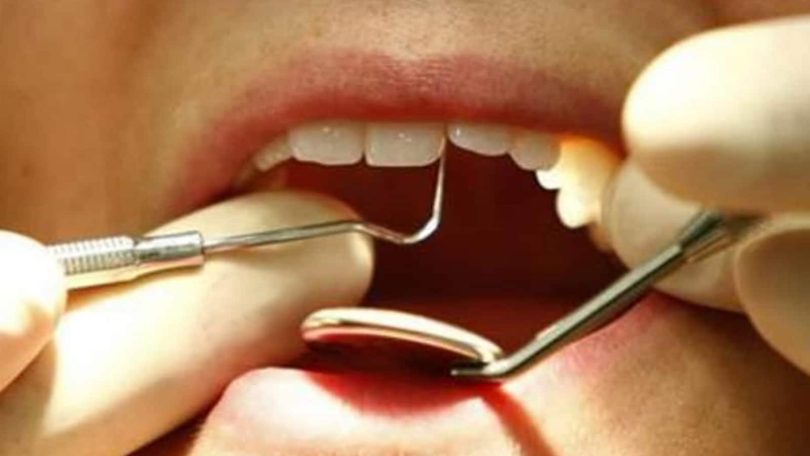[ad_1]
Zarafshan Shiraz, New Delhi
Oral and maxillofacial surgeons often encounter patients with misaligned bites, which can lead to various complications such as chewing difficulties, tooth wear, jaw pain and speech issues. In some instances, orthognathic surgery, more commonly known as jaw surgery, may be the appropriate intervention to correct these issues and improve oral functionality.

Understanding Jaw Surgery
Dr Gautam Laud, Principal Dentist at Dazzle Dental Clinic, shared, “Jaw surgery is a specialised surgical procedure aimed at rectifying irregularities in the jaw and facial structure. Performed by an experienced oral and maxillofacial surgeon, often in collaboration with an orthodontist, this surgery addresses both functional and aesthetic aspects of the jaw.”
Indications for Jaw Surgery
According to Dr Gautam Laud, jaw surgery is typically considered when conventional orthodontic treatments, like braces, are insufficient to correct skeletal discrepancies. Common indications for jaw surgery include –
- Malocclusion: This involves misalignment between the upper and lower jaws, leading to an improper bite, discomfort during chewing, jaw pain, and sometimes, audible jaw clicking.
- Facial Asymmetry: Noticeable asymmetry in the jaw may necessitate surgical intervention to achieve facial balance and symmetry.
- Sleep Apnoea: Jaw surgery can be effective in treating certain cases of obstructive sleep apnoea, where repositioning the jaw alleviates airway obstruction and improves sleep quality.
Efficacy of Jaw Surgery in Bite Correction
Highlighting that jaw surgery can effectively correct bite issues by realigning the jaw to its proper position, Dr Gautam Laud pointed out specific issues addressed by jaw surgery –
- Overbite/Overjet Correction: It involves adjusting the jaw to correct excessive overlapping of the upper front teeth over the lower teeth.
- Underbite Correction: This pertains to repositioning the lower jaw to correct its protrusion beyond the upper jaw.
- Crossbite Correction: Jaw surgery can resolve crossbites by realigning the jaws so that the teeth in one arch do not sit inside the opposing arch.
Dr Gautam Laud concluded, “Orthodontic treatment is usually a precursor and a follow-up to jaw surgery, ensuring optimal alignment of teeth and enhancing the surgery’s effectiveness. For those with complex bite misalignments that cannot be resolved through orthodontics alone, jaw surgery offers a potential solution. It can successfully address issues like overbites, underbites and crossbites, thereby improving both oral health and overall quality of life. If considering jaw surgery, it is crucial to consult with an oral and maxillofacial surgeon to evaluate your suitability for the procedure and understand its benefits and risks. Through this collaborative approach, patients can achieve a functional and aesthetically pleasing bite alignment.”
[ad_2]
Source link








